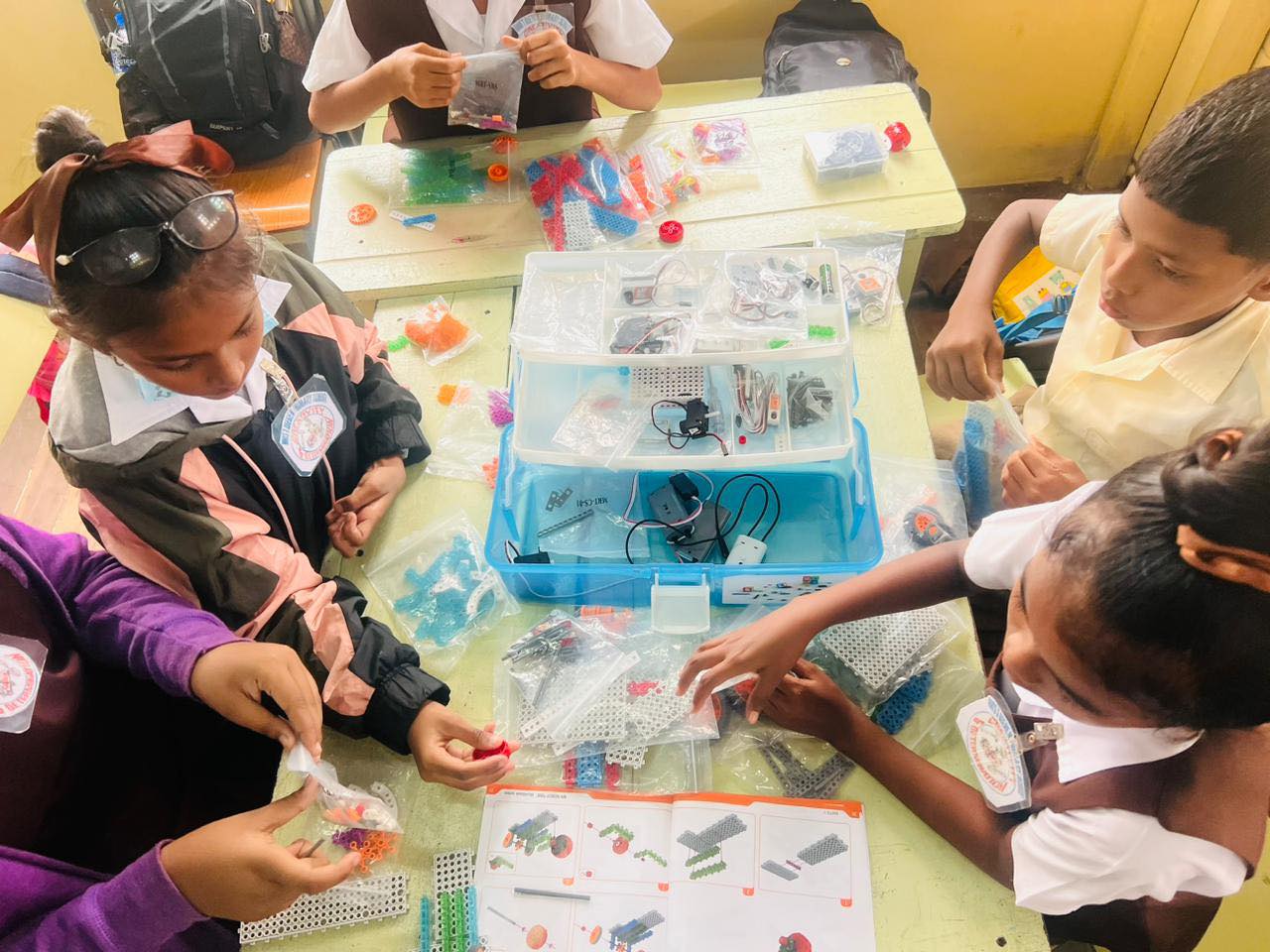Professor Paloma Mohamed, Vice Chancellor of the University of Guyana (UG), emphasized the critical need to start science and technology education early to secure the future of Guyana’s workforce in the rapidly growing oil, gas, and related sectors. Speaking about her long-term vision on the recent Energy Perspectives podcast, Mohamed advocated for a proactive approach to nurturing young talents through STEM programs and initiatives.
“We need people in science, and you cannot do that at third form when you stream them into science. That has to start in nursery school,” she stated.
Professor Mohamed opined that a dedicated technology stream in Guyana’s educational system to identify and foster scientific aptitude from an early age is needed.
Halliburton launches STEM program to capture Guyanese talent | OilNOW
One key initiative UG spearheaded is the Regional STEM Students Accelerator (RASA) project, which began in 2018. She explained that the project selects top-performing students in mathematics and science from across Guyana and accelerates their STEM education through a specialized curriculum. “We bring these 100 students to live on UG’s campus every year for a residential summer camp, where they are taught by university lecturers,” she said. Professor Mohamed said that the project is designed to retain students in STEM fields and accelerate their progress into university. “Our first 14-year-old entered UG this year from the program.”
Professor Mohamed also detailed how UG has rapidly expanded its programs to meet the growing demand for skilled professionals in sectors like engineering, supply chain management, and environmental monitoring.
Linking Guyana’s economy with STEM education | OilNOW
“We can’t produce enough engineers. Our engineering classes have trebled within the last four or five years,” she noted.
To complement these efforts, UG has added over 30 new programs and created two institutes to address the specific needs of the oil and gas industry.
“We have the Institute for Energy Diplomacy and the Institute for Marine and River Economies and Ecologies,” she said, adding that these institutions provide specialized training for professionals in oil and gas logistics, port management, and related fields.
On the broader impact of these educational initiatives, Mohamed highlighted the importance of ensuring that the younger generation remains engaged in STEM. “We want them to stay in science, and we also want to accelerate them to get into college a year ahead of their peers,” she explained



